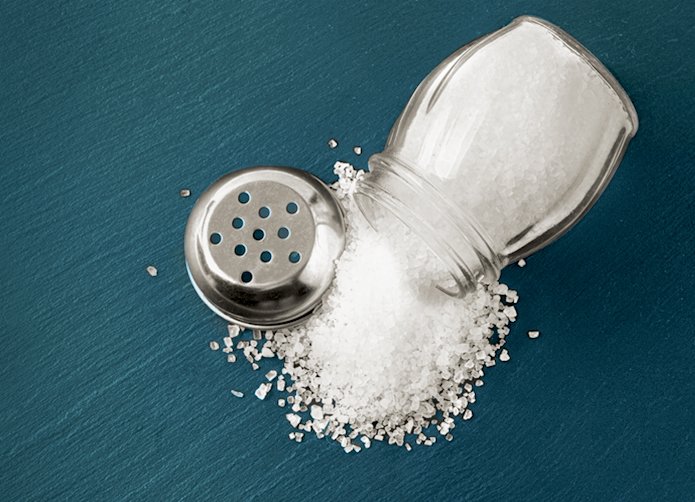The Impact of Salt Intake on Type 2 Diabetes Risk
Topline Insights
Research reveals a compelling link between salt consumption and the heightened risk of developing type 2 diabetes (T2D). Even after adjusting for various influential factors, individuals reporting frequent salt addition to their diet face a significantly increased T2D risk.
Please fill out the form if you or a friend would like more information on Continuous Glucose Monitors.
Methodology Unveiled
In a comprehensive study involving 402,982 participants from the UK Biobank (March 2006 to October 2010), researchers delved into the frequency of salt addition to food among individuals devoid at the outset, of diabetes, chronic kidney disease, cancer, or cardiovascular disease.
Gathering urine samples and estimating sodium and potassium levels provided critical data, aiding in the assessment of 24-hour sodium excretion.
Participants were closely monitored from baseline to the occurrence of diabetes, mortality, or the study’s censoring date (May 23, 2021). Events related to T2D were tracked via medical history linkage to hospital admissions, questionnaires, and death registers.
Must Read CGMs in noncritical care hospitals optimizes glycemic control
Key Takeaways
Over an average follow-up of 11.9 years, the study documented 13,120 new cases of T2D. The findings indicate a significant association between salt intake and T2D risk. Compared to individuals who infrequently added salt (“never/rarely”), those reporting “sometimes,” “usually,” or “always” exhibited escalated hazard ratios for T2D development, even after adjustments for various factors.
Upon further refinement of adjustments, a discernible trend persisted, showcasing a dose-dependent relationship between urinary sodium quintiles and heightened T2D risk.
Read Guide about Wegovy Dosage Guide: The Best Way For Weight Loss
Insights into Practice
The study suggests a potential behavioral intervention for T2D prevention through the reduction of salt intake foods. While these findings provide substantial support, the authors advocate for future clinical trials to validate these assertions rigorously.
Also, read about Impact of Type 2 Diabetes on Life Expectancy: A Critical Analysis
Source and Limitations
Conducted by Xuan Wang, MD, PhD, of Tulane University, the study was published in the November 2023 issue of Mayo Clinic Proceedings. However, limitations persisted, notably the inability to fully eliminate the possibility of additional salt intake being a marker for an unhealthy lifestyle. The study’s observational nature, reliance on self-reported data, and the lack of detailed quantitative information on sodium intake limit the findings’ absolute scope.
Disclosures
Funded by grants from esteemed institutions, the study’s authors disclose no competing interests. Miriam E. Tucker, a distinguished freelance journalist, presents this summary, contributing valuable insights from this study.
Conclusion
The study sheds light on the critical association between salt intake and heightened T2D risk, emphasizing the potential benefits of moderating salt consumption as a preventive measure. Nonetheless, the study’s limitations warrant further research and clinical trials to solidify these findings.


